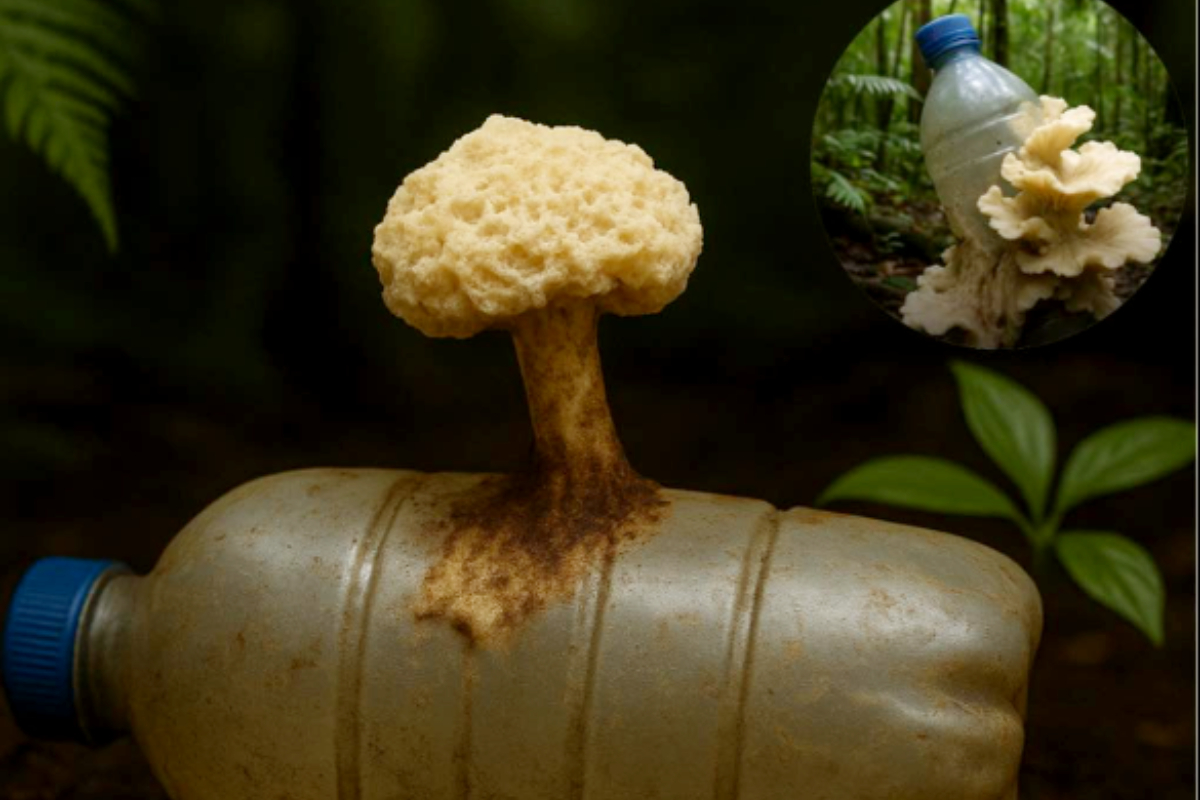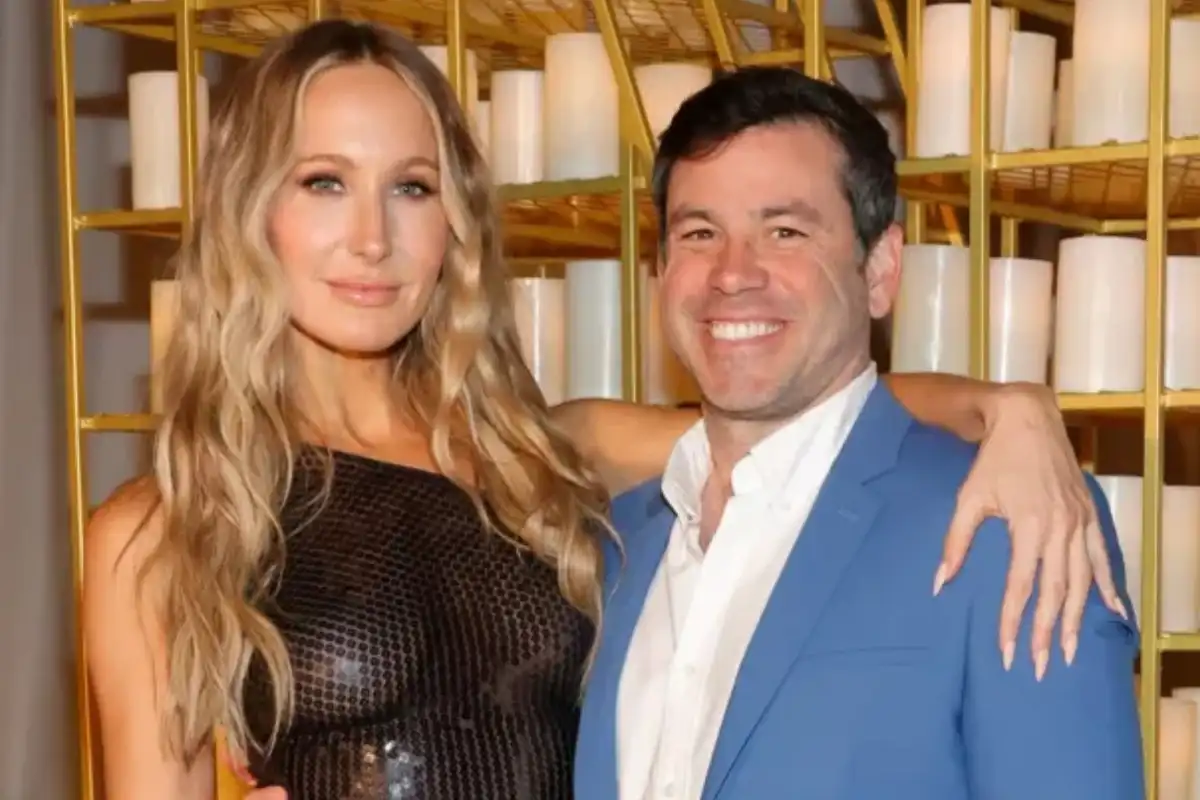The Amazing Plastic-Eating Mushroom That Could Save the Planet

The Amazing Plastic-Eating Mushroom That Could Save the Planet
Long before trees covered the Earth, giant mushrooms ruled the planet. Fungi appeared over a billion years ago as huge “three-metre-tall fungus fingers” that dominated the landscape.
In comparison, plants only showed up about 700 million years ago as “scruffy shrubs.” Today, mushrooms are once again making headlines as scientists have discovered a “plastic-eating mushroom” that could help solve the global plastic problem.
The Marvellous Plastic-Eating Mushroom
Plastic was once considered a miracle material, but over the past 100 years it has turned into a major environmental threat, polluting oceans, killing marine life, and filling landfills.
In 2011, Yale University students discovered “Pestalotiopsis” in the rainforests of Ecuador. This fungus can not only eat plastic but also survive in oxygen-poor environments like landfills. Surprisingly, these mushrooms are edible too.
Austrian designer Katharina Unger worked with scientists from Utrecht University to create the “Fungi Mutarium.” This system feeds mushrooms with sugars and starch inside agar pods until UV-treated plastic is placed in the center. Within a few months, the fungus digests the plastic, leaving behind a mushroom-like cup with “a sweet taste and a liquorice smell.” Scientists believe people could one day use smaller versions of this system in homes to recycle plastic.
Mushrooms as a Plastic Alternative
Mushrooms are not just eating plastic—they’re replacing it too. In 2021, fashion designer Stella McCartney introduced clothes made with “mycelium,” the root network of fungi. Other big brands like Adidas, Hermès, and Lululemon are also creating products from mushroom fiber. Mushroom materials are even being used in building products and packaging.
Eben Bayer and Gavin McIntyre, co-founders of Evocative Design, have created biodegradable products like flip-flops and insulation boards made from mushrooms. Their process, which they call “programmable biology,” allows them to grow mushroom fibers into almost any shape in just 10 days.
The Untapped Power of Mushrooms
Mushrooms could even replace harmful chemicals. Irish botanist Brian Murphy found that fungi called “endophytes” can protect plants from diseases and harsh conditions without using toxic pesticides.
Paul Stamets, a pioneer in this field, has shown how mushrooms can clean up oil spills, absorb radioactive particles, and restore contaminated soil. His “mycobooms” made of hemp and mycelium were even designed to clean oil from ocean surfaces.
Ecuador and the Plastic-Eating Mushroom
The discovery of the plastic-eating mushroom highlights a deeper challenge in Ecuador, a country torn between protecting its rainforests and using its oil reserves to fight poverty.
In 2007, President Rafael Correa asked wealthy nations to pay Ecuador to stop drilling for oil in Yasuni National Park, but the plan failed.
This conflict even divided families in the Amazon. Sisters Blanca and Innes Tapuy argued over whether to allow oil companies into their ancestral land. While Blanca wanted to protect the rainforest at any cost, Innes believed oil money was vital for their community’s future.
Oil exploitation has already left scars on Ecuador. Texaco, later bought by Chevron, caused what’s now called the “Amazon Chernobyl,” leaving behind toxic waste and polluted water supplies.
While Chevron fights the $9.5 billion penalty in court, cancer rates in affected areas continue to rise, threatening Ecuador’s biodiversity—including its “wondrous plastic-eating mushroom.”
Read More: Pakistan Post Office launches cash distribution for women
Catch all the Trending News, Breaking News Event and Trending News Updates on GTV News
Join Our Whatsapp Channel GTV Whatsapp Official Channel to get the Daily News Update & Follow us on Google News.














